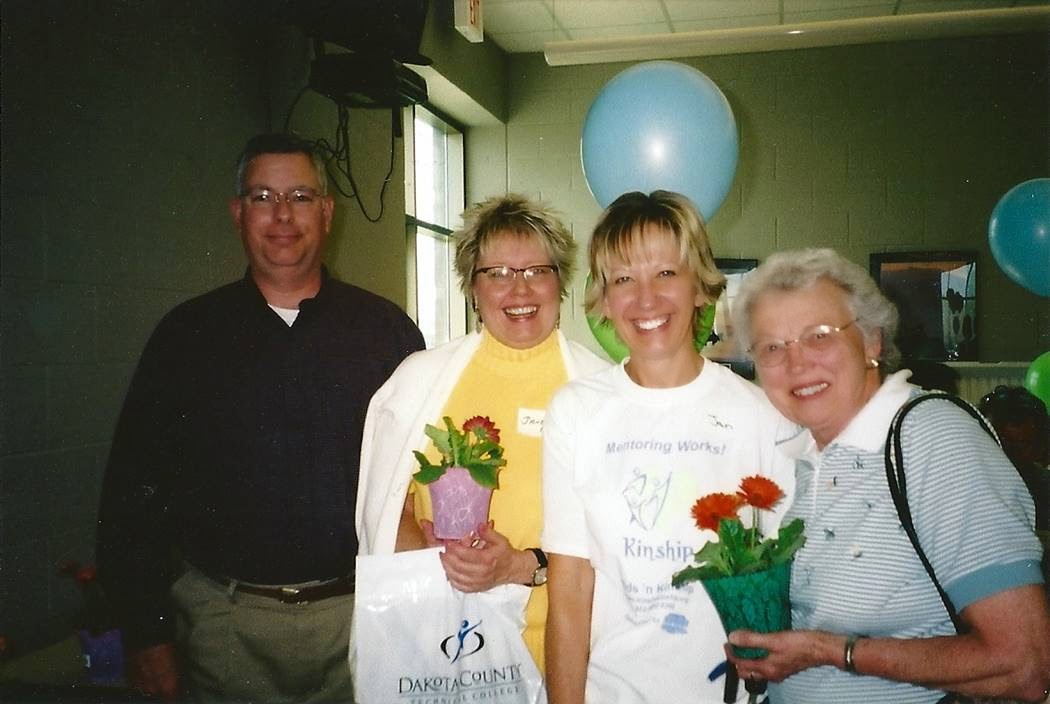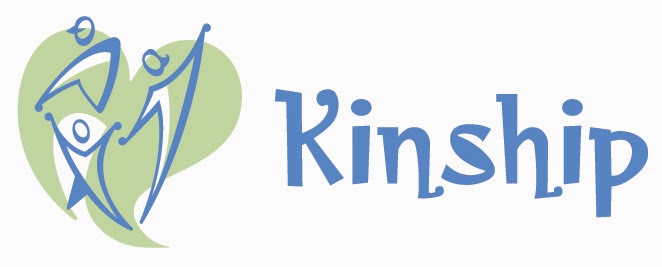Question 19: What should my expectations be for my relationship with a mentee?
Like most mentors, you probably went into this out of a desire to make a difference in a young person’s life. Your desire to help is truly a gift to your mentee, but chances are that you were not exactly sure what “making a difference” looks like. You may have had very modest expectations, such as exposing your mentee to new experiences, or you may have had visions of your mentee achieving high levels of success as an adult. You also may be in a mentoring program that has explicit goals of which you are expected to focus, such as improving school performance or supporting the transition from foster care to independent living. There are many areas in which you can support your mentee.
No matter how long you have been in a mentoring relationship, it helps to step back now and then to examine your expectations: What do you want from the relationship, and what do you think your mentee wants? What exactly are you hoping to achieve? How do you or your mentee want your mentee’s life or behaviors to change because of you? How do you or your mentee define success? How does your role as a friend or “coach” call for a different approach to “helping” than that by a parent, teacher, or professional youth worker?
The more specific you can be in answering these questions, the better you can assess whether your expectations are realistic. In “It’s Not What I Expected” (2007), Boston College’s Renee Spencer demonstrates how counterproductive it can be when mentors fail to establish reasonable expectations for themselves, for their mentee, and for their relationship. But always remember, it is your mentee’s expectations that should drive the relationship, not yours.
Depending on the age of your mentee, you can also mutually set expectations for the relationship. You can ask questions such as, “What would you like to get out of our relationship?” “What kinds of things would you like to do with me?” “Is there anything in your life right now that I can help you with?” “What are your dreams?” “What are your biggest frustrations?” These discussions can set the stage for helping you focus your expectations and helping your mentee think about how to benefit from the relationship with you. These questions can be explored even if the mentoring program already has specific goals like the ones mentioned earlier.
It is particularly important to focus your expectations on developing feelings of trust and closeness in the early stages of your relationship. Building the relationship is the most important work you will do as a mentor and the most successful relationships are those in which mentors take their lead from their mentees.
While it is natural to have goals for the child you want to help, trying to push your mentee to achieve your goals will not only make you seem more like a teacher or parent than a friend, it may also impede the development of the very type of relationship that can be most helpful. There is a further risk, too. Mentors who go into mentoring with an agenda to “change” the mentee run the risk of feeling frustrated, disappointed, and rejected if the hoped-for changes do not materialize. These feelings, in turn, can lead the mentor to conclude that she is being ineffective or that the relationship is not working. Such feelings may be unintentionally conveyed to the mentee, or worse, may lead the mentor to give up on the relationship, thus inadvertently hurting rather than helping the mentee.
One mentor referred to expectations as the Achilles’ heel of mentoring. What he meant was that your expectations and the reality of mentoring may not be in sync after you are in an actual relationship. This discrepancy can lead to feelings of inadequacy on your part and to feelings of frustration or defensiveness in your mentee. And it makes it easy to forget that it is the relationship that is the trans-formative element in your mentee’s life, not actions you take to improve your mentee’s life. Further, it is possible you will never know about the real changes that have taken place unless you happen to see your mentee many years later, and he or she thanks you.
You will be most successful when you keep your goals “on the back burner” so that you can focus on helping your mentee establish his own goals and then provide support and guidance needed to achieve them. This is a fine balancing act, since you may see possibilities for your mentee that he would not see. If you do want to help your mentee raise his aspirations, you can do this most effectively if you “guide” rather that push. It is also very important to remember that mentoring cannot take the place of professional treatment that a troubled person may need.
Reprinted with permission from The Mentor’s Field guide: Answers You Need to Help Kids Succeed by Gail Manza and Susan K. Patrick; Questions about the Mentoring Relationship, Question 19. Reprinted with permission from Search Institute®, Copyright © 2012 Search Institute, Minneapolis , MN ; 877-240-7251, ext. 1;
http://www.search-institute.org. All rights reserved.
For more information on getting started mentoring in Dakota County, go to www.kidsnkinship.org or attend an information session Thursday February 19th, 6:00-6:45 pm at Wescott Library in Eagan (1340 Wescott Rd). Please RSVP to Ingrid Henry 952-891-3885 or ihkinship@aol.com










































